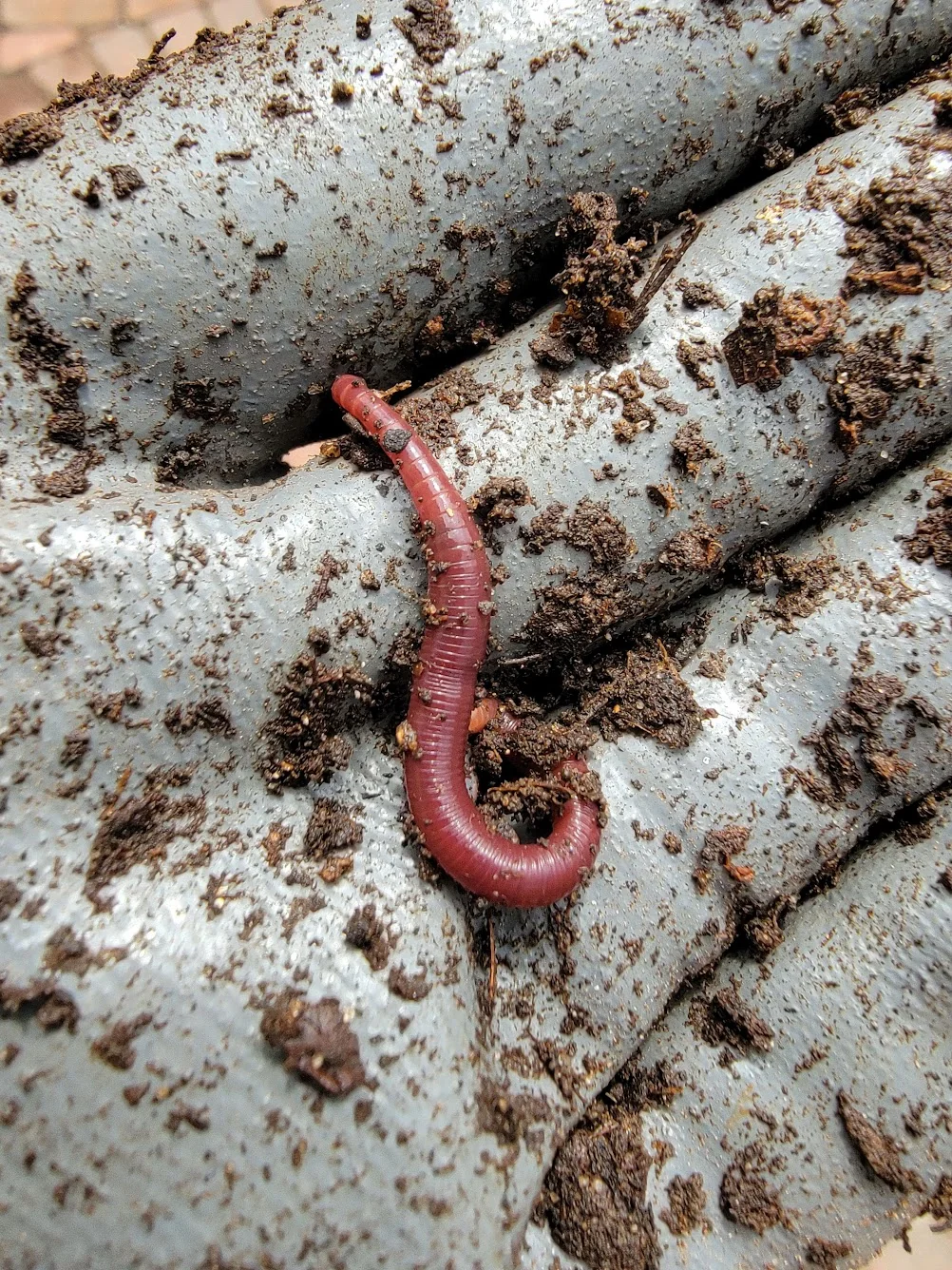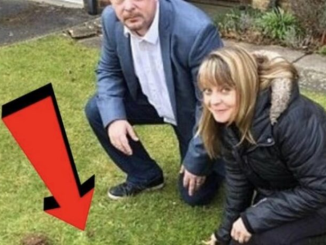
An invasive type of worm from Asia is posing a new challenge to Midwest gardeners. In gardens and yards, these jumping worms are wreaking havoc, so you need to take precautions to save your prized plants. Because they are tenacious and lack natural predators in the United States, these worms can proliferate quickly and cause destruction wherever they go.

The Asian jumping worms eat the soil, leaving it depleted and in bad condition. Their insatiable appetite modifies the structure of the soil, causing it to lose moisture retention and become depleted of nutrients. This makes the soil more susceptible to erosion, which further complicates the situation for plants trying to grow.
These worms may be really scary in addition to harming the soil. Despite the term suggesting they may “jump,” they move more like a twisted snap, which contributes to their unsettling appearance. Several states have acted to stop this dangerous invasion because they understand how important it is to handle this matter. Wisconsin, Missouri, Illinois, Iowa, Minnesota, Nebraska, Ohio, Texas, Louisiana, Indiana, Kansas, Kentucky, Tennessee, and Oklahoma are among the states that are impacted.
If you see these worms, you should get rid of them immediately to protect your garden. By stealing nutrients from the soil, these invasive worms deprive nearby plants and animals of their food supply. The local ecosystem deteriorates in the absence of a suitable habitat, which causes a decrease in the number of plants and animals.
There are steps you may take to fight these worms if you live in one of the impacted states. The University of Wisconsin-Madison Arboretum’s Brad Herrick, an ecologist, advises sprinkling a mixture on the ground to encourage the worms to come up for air and leave their underground homes. This technique can shield your garden from them and help lower their population.
A distinguishing feature of the Asian jumping worm’s body is a white ring that is situated near to its head. It’s best to get rid of these worms right away if you find them. Any mature worms you find should be disposed of after being placed in a plastic bag and left in the sun for at least 10 minutes. Furthermore, it’s crucial to avoid buying these worms for composting, gardening, or bait. Since their eggs cannot withstand temperatures higher than 104 degrees Fahrenheit, only purchase mulch or compost that has been thoroughly heated to reduce the chance of their spreading.
We can preserve the health and vibrancy of our ecosystems as well as our gardens by acting proactively to combat this invasive plant. By working together, we can end the jumping worm’s destructive reign and bring harmony back to our Midwest gardens. To find out more about these invasive worms and their effects, watch the video below:
Sally Field Reveals Her Most Awkward On-Screen Kiss—You Won’t Believe Which One It Is!
I’ve always admired Sally Field. She’s a legend and an amazing actress, and at 76, she’s had many on-screen romances throughout her career.
With so many roles, she’s shared a lot of on-screen kisses. Recently, she revealed which one was the worst, though she was initially reluctant to name the costar involved.
Sally Field is known for her incredible range and talent. She has had a fantastic career in Hollywood and has starred in many iconic films and TV shows.
I’ll never forget her powerful performance in *Steel Magnolias*, especially that emotional funeral scene. Sally did an amazing job showing a range of emotions—love, sadness, anger, and loss.
She’s also well-known for roles in *Gidget*, *The Flying Nun*, *Smokey and the Bandit*, *Forrest Gump*, *Mrs. Doubtfire*, and *Erin Brockovich*.

Sally Field was born into a working-class showbiz family in Pasadena, California. Her childhood wasn’t easy—she wrote in her memoirs about her stepfather doing some very harmful things to her and having a secret abortion when she was 17.
Despite these challenges, Sally has grown into a beautiful and humble person.
Today, Sally is still very active in her career. She played Janice in the 2020 TV series *Dispatches From Elsewhere* and appeared as Jessie Buss in the 2022 series *Winning Time: The Rise of the Lakers Dynasty*, which shows the lives of the 1980s Los Angeles Lakers.
Given how busy she is, it’s no surprise that Sally still makes appearances in interviews.

On the Thursday, December 1 episode of *Watch What Happens Live with Andy Cohen*, Sally Field opened up about her worst on-screen kiss after a fan asked about it.
Field, who is 76, laughed and looked around before admitting, “Oh boy. Shall I really name names here?” When Andy Cohen, 54, encouraged her to reveal the name, she hesitated but then said, “Okay. This is going to be a shocker. Hold on folks.”
The Oscar-winning actress named her former boyfriend Burt Reynolds as the culprit. Cohen asked, “But weren’t you dating at the time?” Field explained that during the filming of *Smokey and the Bandit*, she had to “look the other way” because Reynolds wasn’t really putting much effort into the kiss.
Field noted that there was a lot of “drooling” on Reynolds’ part during their scenes together. The two met in 1977 while working on *Smokey and the Bandit* and dated for about five years.
Reynolds, who passed away at 82, talked about his relationship with Field in his memoir *But Enough About Me*. He expressed regret about their relationship, wishing he had tried harder to make it work.
In March, Field told Variety that she had stopped speaking to Reynolds in the last 30 years of his life for good reasons. “He was not someone I could be around,” she said. “He was just not good for me in any way. And he somehow convinced himself that I was more important to him than I actually was. I just didn’t want to deal with that.”
Always have had nothing but high praise and respect for the works of Sally Field. Absolutely top-notch!



Leave a Reply